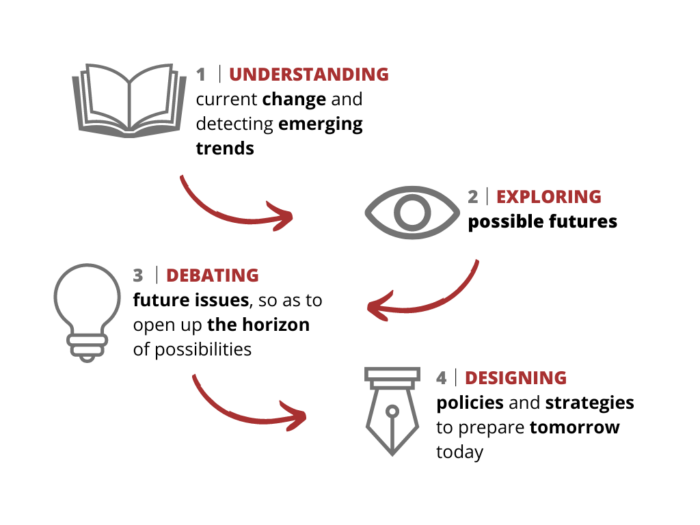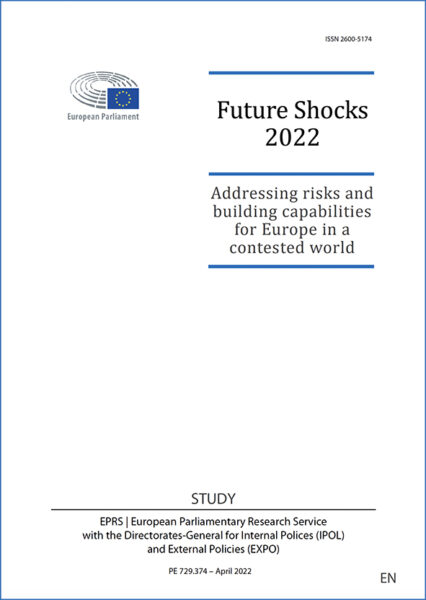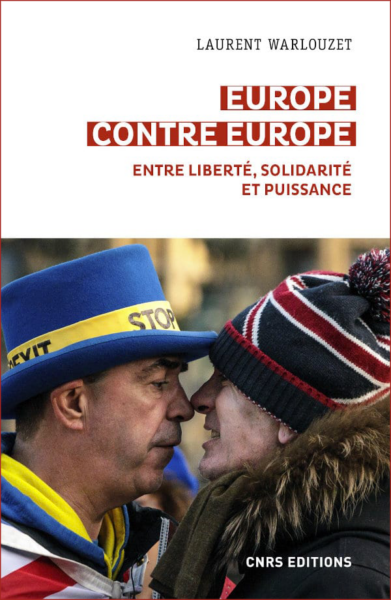In this article, Michèle Tribalat examines the consequences of migration for inter-cultural relations in European receiving countries. As she stresses, “in most European societies, immigration has brought about a growing ethno-cultural and religious diversity that is now generating anxiety and discussion about national identity and cohesion”. Yet this diversity is likely to increase, partly because of growing demand in the receiving countries (linked to the ageing of their populations), but partly for more political reasons (inflows that are hard to limit because of humanitarian considerations: asylum seekers, family members, etc.).
Michèle Tribalat goes on to discuss the difficulties arising from concentrations of people of foreign origin in the traditional immigration countries (France, Great Britain, the Netherlands, for example) – in particular a certain type of segregation that becomes greater over time and the impact that this may have in shaping the perception of minorities by the native-born population and the special demands made by communities of foreign origin. Finally, the author looks at the ways in which European countries respond, or try to respond, to this cultural diversity: as nationalist sentiments decline, it is less and less straightforward to establish workable policies on immigration (apart from those based solely on demographic factors), but it is nevertheless indispensable in order to avoid ever greater divisions within societies.
Ethno-cultural Heterogeneity and Social Cohesion
Cet article fait partie de la revue Futuribles n° 332, juil.-août 2007


